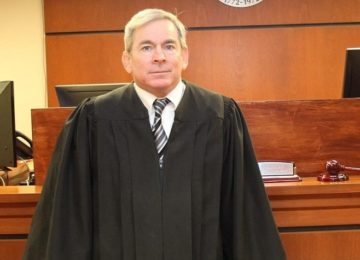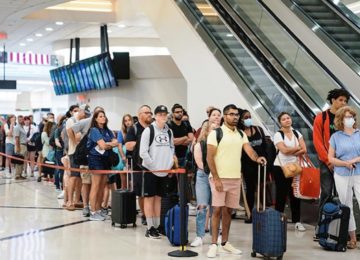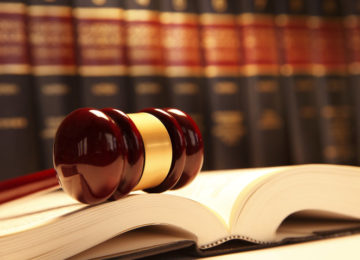Environment preservation is the solo motive behind the different laws that the government imposes on products being manufactured. Now, whether you’re someone involved in the production of electrical and electronic devices or someone who deals with the production of goods like toys, furniture, and even the military and aerospace equipment, there are certain mandatory laws that if not met will result in the ban of your products. And this guide is about all such laws that every manufacturer must know about.
Let’s begin!
- The REACH SVHC Regulation
This is one of the most important laws that applies to all industries involved in the production of household products like furniture and toys, and professional products like batteries and chemicals.
- The WEEE Regulation
WEEE aka Waste Electrical and Electronic equipment regulation is a European law that was made while keeping in mind human health as much as environmental preservation. It now extends to countries like Canada too.
Under this law, whatever products you manufacture should be free of hazardous and banned materials.
Another important aspect that ascertains this law is using recyclable materials only.
- The RoHS Regulation
RoHS stands for Restriction of the use of Certain Hazardous Substances. Some of those substances that the government has banned in all electrical and electronic equipment and devices include:
- Lead and lead compounds.
- Cadmium and cadmium compounds.
- Mercury and mercury based compounds.
- PBDEs and PBBs.
You must visit the Enviropass website for more information on many such banned compounds.
- POP Regulation
POP stands for Persistent Organic Pollutants. These pollutants have a strong tendency to accumulate in the cold climate that largely affects wildlife. Forbye, such substances are some known causes of medical conditions like cancer and birth defects in humans and neural damage in animals
Having said that, these aren’t simple regulations that an industry – big or small – can handle by itself. There are many complications related to all such laws and the biggest of those is the fact that the list of hazardous substances keeps changing from time to time. Also, it’s necessary to constantly test the products before putting them in the market.
Ergo, under all conditions, you need to get certifications of clearance before selling your products. And obtaining those certifications is not an easy job. Which is why you should seek the help of professionals at firms like Enviropass. This firm offers multiple services like:
- Classic and deluxe RoHS services for document assessment, evaluation, and auditing.
- Testing and determining the presence of SVHC compounds in your products and getting the relevant certifications.
These are but a couple of services. You can always visit their website and contact them, https://www.enviropass.ca/contact/, for more details










